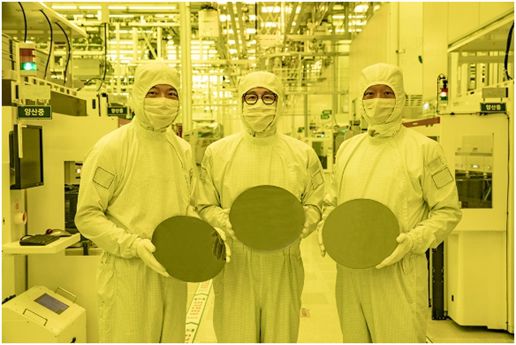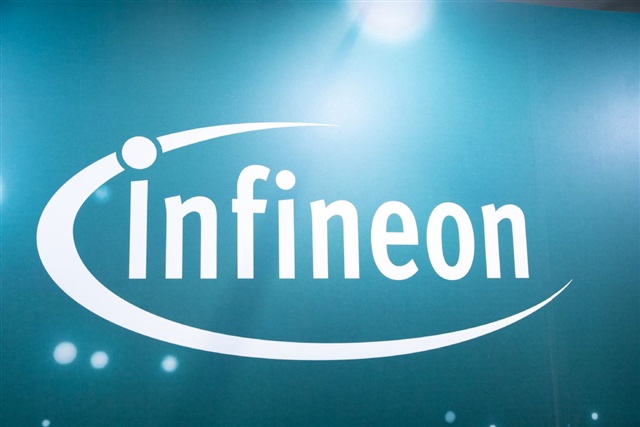South Korea said it aims to increase the share of local enterprises in the global non-storage semiconductors market from 3% to 10% by 2030, reducing the reliance on imported materials, components and equipment from 70% to 50%.

As reported by Business Korea, the government will enlarge the tax break for semiconductor development and infrastructure investment. The tax deduction rate for infrastructure investment for large firms will increase from 6-10% to 8-12%. The government is also looking at establishing a training center for semiconductor engineers this year to provide at least 150,000 people over ten years to bolster the semiconductor labor force.
The government revealed that the volume of semiconductor production hubs would be enhanced from 350% to 490%, increasing the clean room facilities in Pyeongtaek and Yongin from 12 to 18 and 9 to 12, respectively, expecting to create 9,000 jobs.
Additionally, South Korea will also spend 450 billion and 500 billion won on feasibility studies on the development of power and auto chips from 2024 to 2030, 1.25 trillion won to develop artificial intelligence chips in the next seven years, and 1.5 trillion won to invest in 30 promising fabless semiconductor companies.
Source from ijiwei
Stay up to date with the latest in industry offers by subscribing us. Our newsletter is your key to receiving expert tips.

Samsung is reportedly evaluating a potential European semiconductor expansion alongside its South Korea and US manufacturing base, as the region tightens local production requirements and Germany seek

Given frequent price increases across precious metals, wafer foundry services, and packaging and testing, Infineon's announcement of price increases is very telling for the market. The company wil

Nvidia has recently signaled to Samsung Electronics that it hopes to secure early deliveries of sixth-generation high-bandwidth memory, known as HBM4. At the same time, as memory makers devote an incr